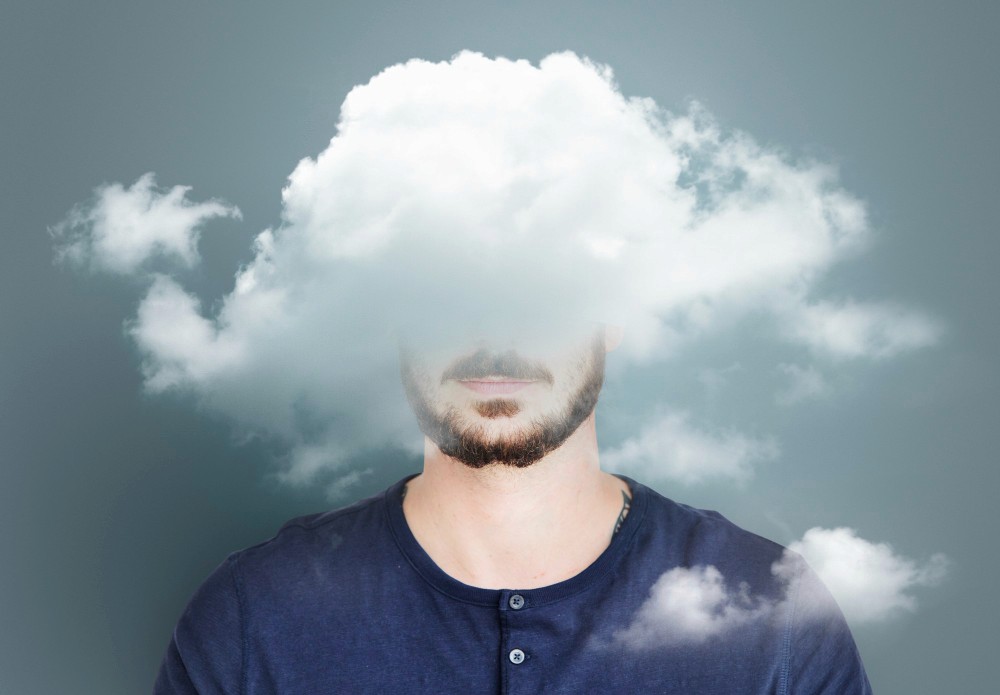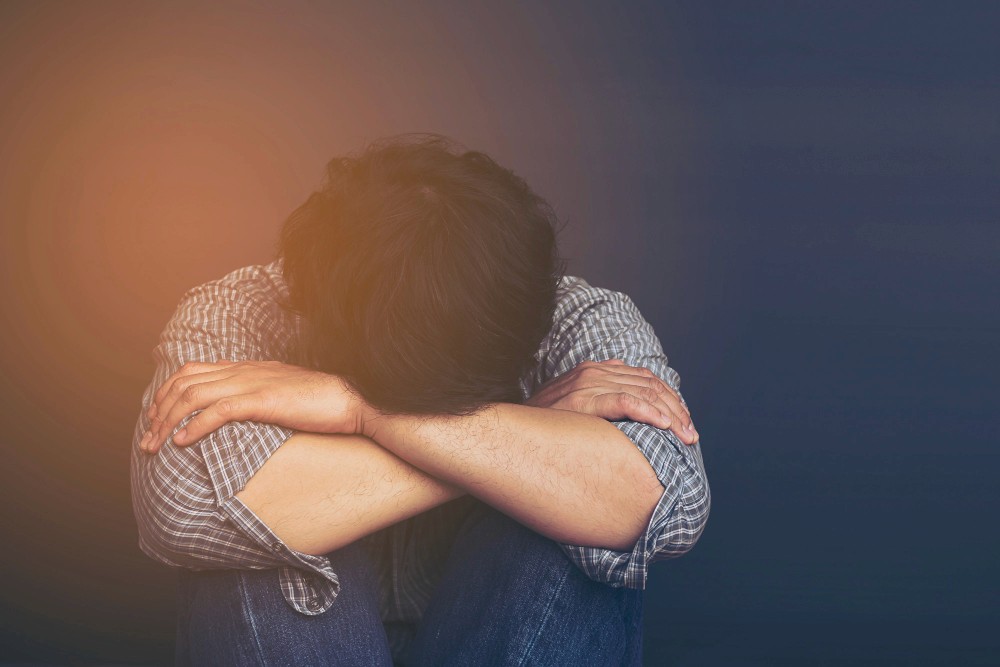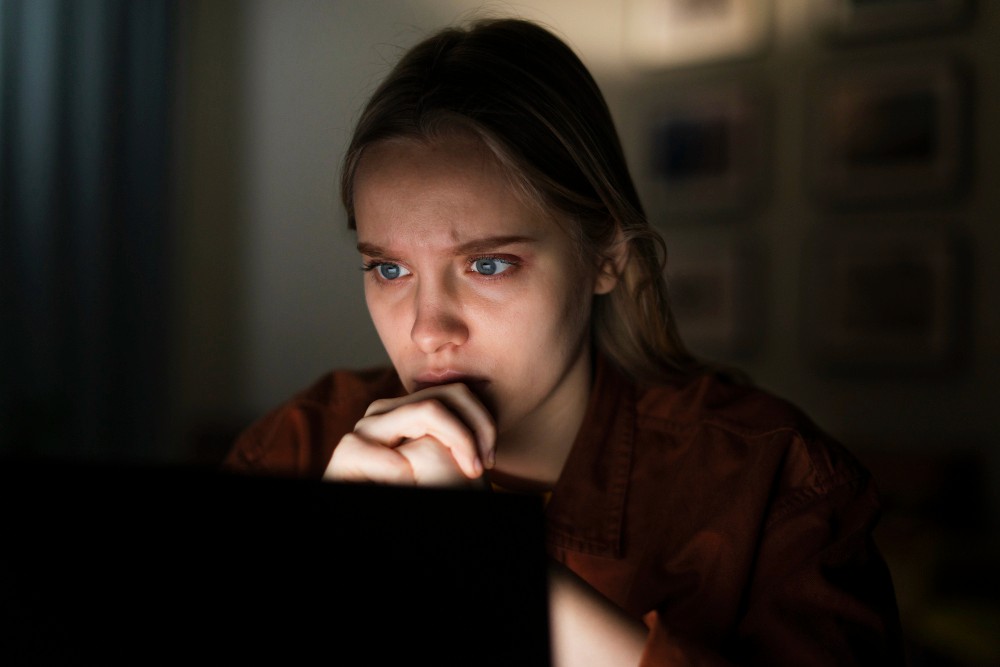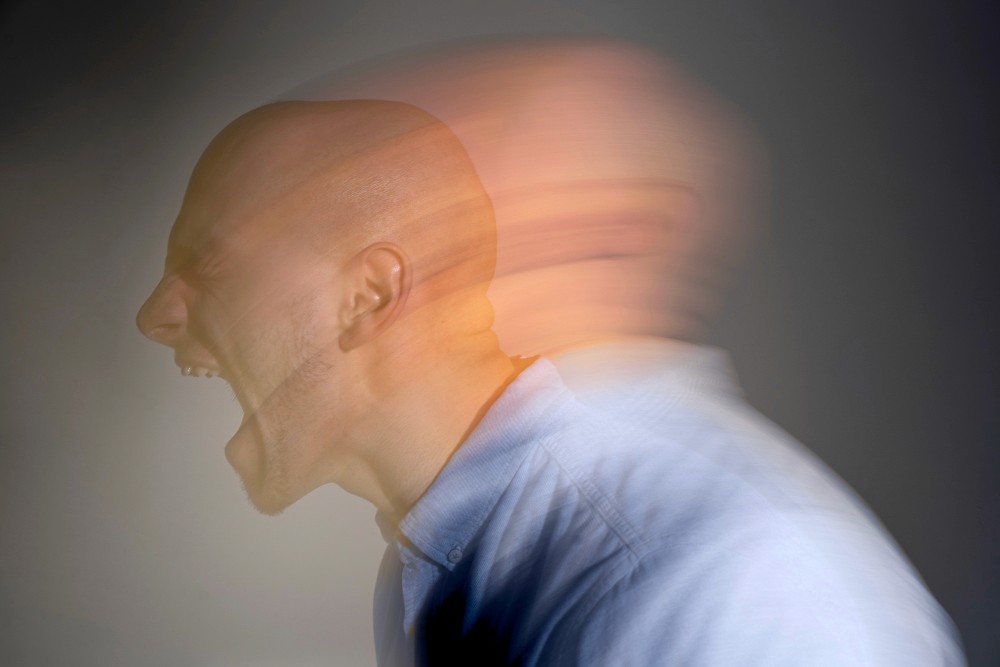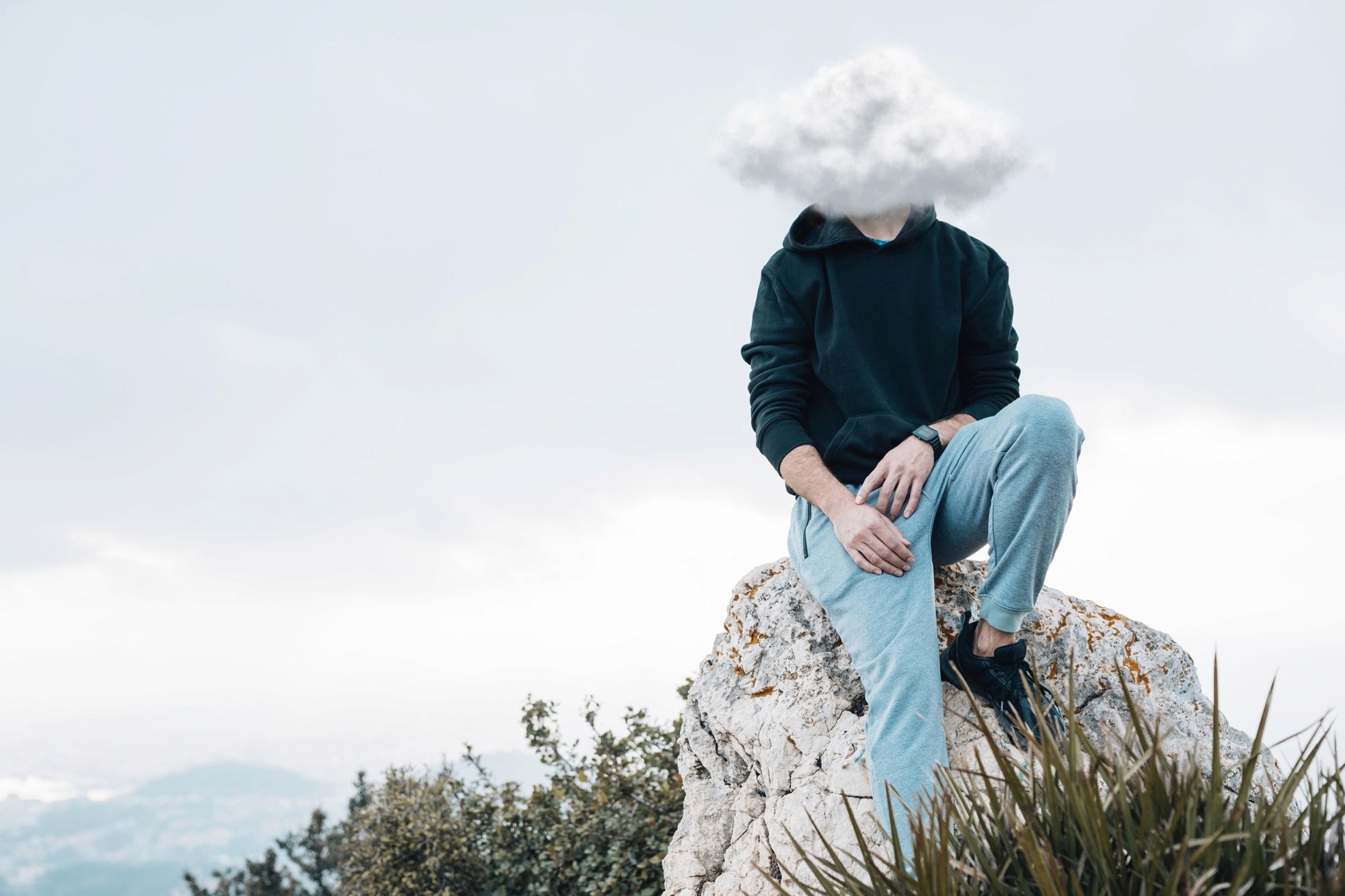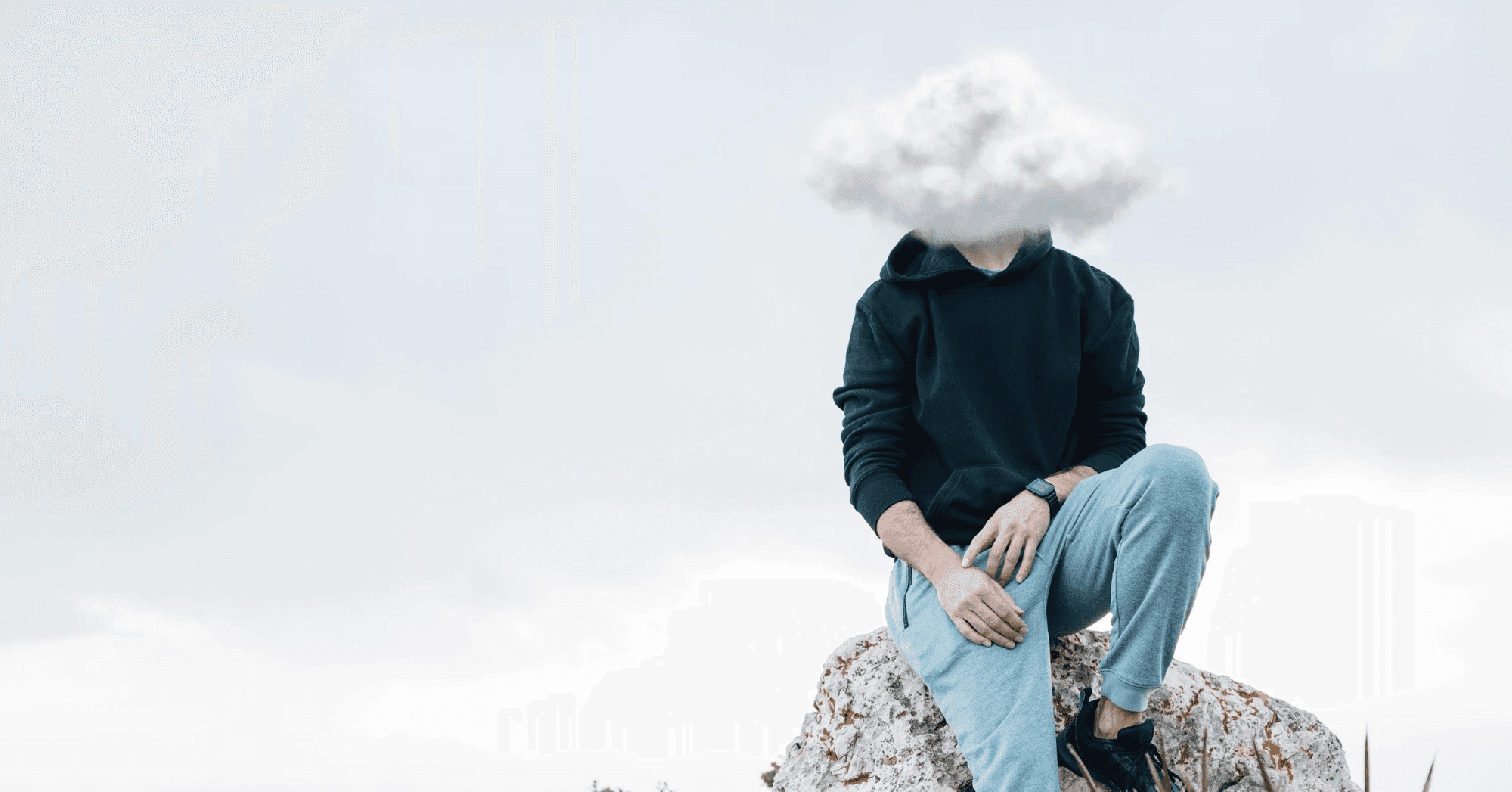Advice Centre
HeadHealth Therapy Team
May 8, 2025
The Link Between Social Media and Anxiety
Mechanisms Behind Social Media-Induced Anxiety
Several factors contribute to anxiety linked to social media use:
Social comparison: 56% of users feel anxious when comparing themselves to others, and 76% of female users worry about body image due to online comparisons2.
Cyberbullying: Nearly 87% of teens report being cyberbullied on social media, which exacerbates anxiety and depression2.
Pressure to curate a perfect image: 37% of users feel pressured to post content that will gain likes, leading to stress and anxiety2.
Problematic use: Youth with depression or suicidal thoughts often experience problematic social media use, characterized by distress when not using these platforms, which correlates with worse anxiety symptoms59.
Impact on Sleep and Well-being
Social media use is linked to a 40% higher risk of sleep problems, which can worsen anxiety symptoms2. Additionally, excessive screen time (over 5 hours daily) among teens is associated with increased suicide risk factors and poorer mental health outcomes2.
Social Media’s Effect on Self-Esteem and Loneliness
About 60% of social media users say it negatively affects their self-esteem, and 64% report increased feelings of loneliness linked to social media use2. These emotional states can intensify anxiety, creating a cycle of negative mental health impacts.
Managing Social Media to Reduce Anxiety
Set Time Limits and Boundaries
Use built-in screen time tools or apps like Freedom or RescueTime to cap daily social media use-studies show that limiting use to 30 minutes per day can significantly reduce anxiety symptoms12. Designate “social media-free” zones (like the bedroom or dining table) and schedule regular breaks or digital detoxes, such as social media-free weekends123.
Curate a Positive Digital Environment
Unfollow or mute accounts that trigger anxiety, comparison, or negative self-image. Instead, follow content creators who promote positivity, mental health advocacy, and body acceptance127. Routinely review your feed and remove sources of stress or pressure.Practice Mindful and Intentional Use
Before opening an app, pause and ask: “Am I connecting or just scrolling out of habit?” Use social media for meaningful engagement-comment, share, or learn-rather than passive scrolling12567. Mindfulness practices like deep breathing or meditation can help you become more aware of your emotions and reduce impulsive use67.Prioritize Offline Activities and Real-World Connections
Replace scrolling with offline hobbies-reading, exercising, or spending time with loved ones. Real-life interactions provide emotional nourishment that digital connections can’t fully replicate1257. Engaging in activities outside the digital world helps ground you and reduces reliance on online validation.Disable Notifications
Turn off social media notifications to minimize distractions and avoid the anxiety triggered by constant alerts8.Seek Professional Support When Needed
If social media stress becomes overwhelming, reach out to a mental health professional. Therapists trained in digital wellness can help you develop healthier habits and coping strategies27.
These strategies, when practiced consistently, can help restore balance, reduce anxiety, and foster a healthier relationship with social media.
Social media can significantly impact anxiety through mechanisms like social comparison, cyberbullying, and pressure to maintain a perfect online persona. It also affects sleep, self-esteem, and feelings of loneliness, all of which contribute to anxiety. Problematic social media use is common among youth with anxiety and depression, worsening their symptoms. Moderation, mindful use, and breaks from social media are important strategies to mitigate these effects.
Pew Research Center, Teens, Social Media and Mental Health (2025)1
Electro IQ, Social Media Mental Health Statistics and Facts (2025)2
PubMed, Problematic social media use and relationship to mental health (2025)3
Nature Human Behaviour, Teens with anxiety and depression spend more time on social media (2025)7
UT Southwestern Medical Center, Social media may heighten depression severity in youth (2025)5
Frontiers in Psychiatry, Relationship between social anxiety and sleep quality in depressed adolescents (2024)6
PubMed, Interplay between social media use, sleep quality, and mental health (2020)8
Wiley, A preliminary study on the association between social media at night and sleep (2024)

